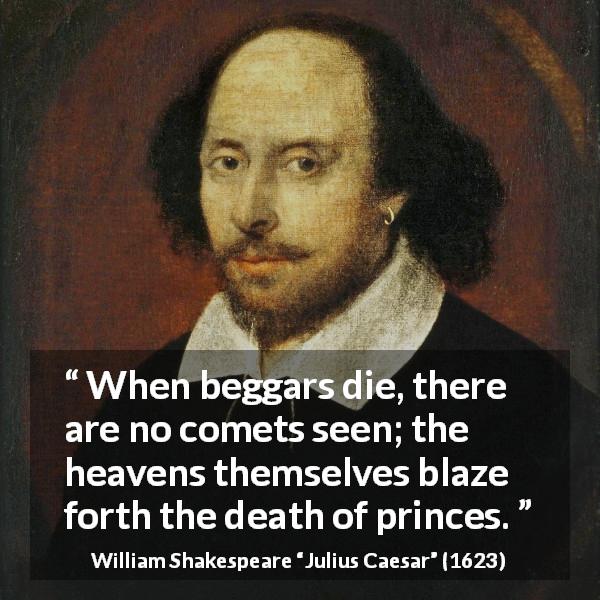

Interaction with Brutus Īlthough Suetonius, Cassius Dio, and probably Plutarch as well seem to have believed Caesar died without saying anything further, the first two also reported that, according to others, Caesar had spoken the Greek phrase "καὶ σύ τέκνον" ( Kaì sý, téknon - You too, child) to Brutus, as (in Suetonius) or after (in Dio) that senator struck at him. Plutarch does not provide the actual Latin phrase but rather reports it in Greek as "μιαρώτατε Κάσκα, τί ποιεῖς" (Miarṓtate Káska, tí poieîs?) Plutarch does not give any further quotes, but he says that Caesar "cried aloud" as he fought back and tried to escape, but gave up when he saw senator Marcus Junius Brutus among the assassins. However, the historian Plutarch claims that Caesar cried out in Latin "Foulest Casca, what are you doing?"-alternatively translated as "Casca, you villain, what are you doing?"-after being stabbed by senator Servilius Casca, the first conspirator to do so. Another version sometimes parroted is "What is this? Such violence against Caesar!" this version is a twisting of Suetonius's writing and not an accurate translation of surviving texts, which seems to emphasise Caesar's ego as it implies both affront and shock that anyone would ever dare to attempt to attack him. It is suggested that this groan was more of an aggressive "spontaneous curse". Suetonius further writes that Caesar spoke no more after this, besides a groan after the first knife blow, and died without saying anything. According to the historian Suetonius, Caesar shouted out in Latin, "Ista quidem vis est!" ("Why, this is violence!" or "But this is violence!") when his toga was ripped down from his shoulder. Possibilities Expression of surprise towards the attack ĭuring the assassination, senator Tillius Cimber grabbed hold of Caesar's toga and pulled it down from his neck, which signalled to the other conspirators that it was time to attack. William Shakespeare's Latin rendition of this phrase, Et tu, Brute? ('You too, Brutus?'), in the play Julius Caesar is better known in modern culture, but is not found in ancient sources. The two most common theories – prevalent as early as the second century AD – are that he said nothing or that he said, in Greek, καὶ σύ, τέκνον ( kaì sý, téknon 'you too, child'). Ancient chroniclers reported a variety of phrases and post-classical writers have elaborated on the phrases and their interpretation. The last words of the Roman dictator Julius Caesar are disputed.

Caesar's last words may have been directed at Brutus. Caesar can be seen staring at Brutus, who is looking away from his's gaze. Part cropped from The Death of Julius Caesar (1806) by Vincenzo Camuccini.


 0 kommentar(er)
0 kommentar(er)
